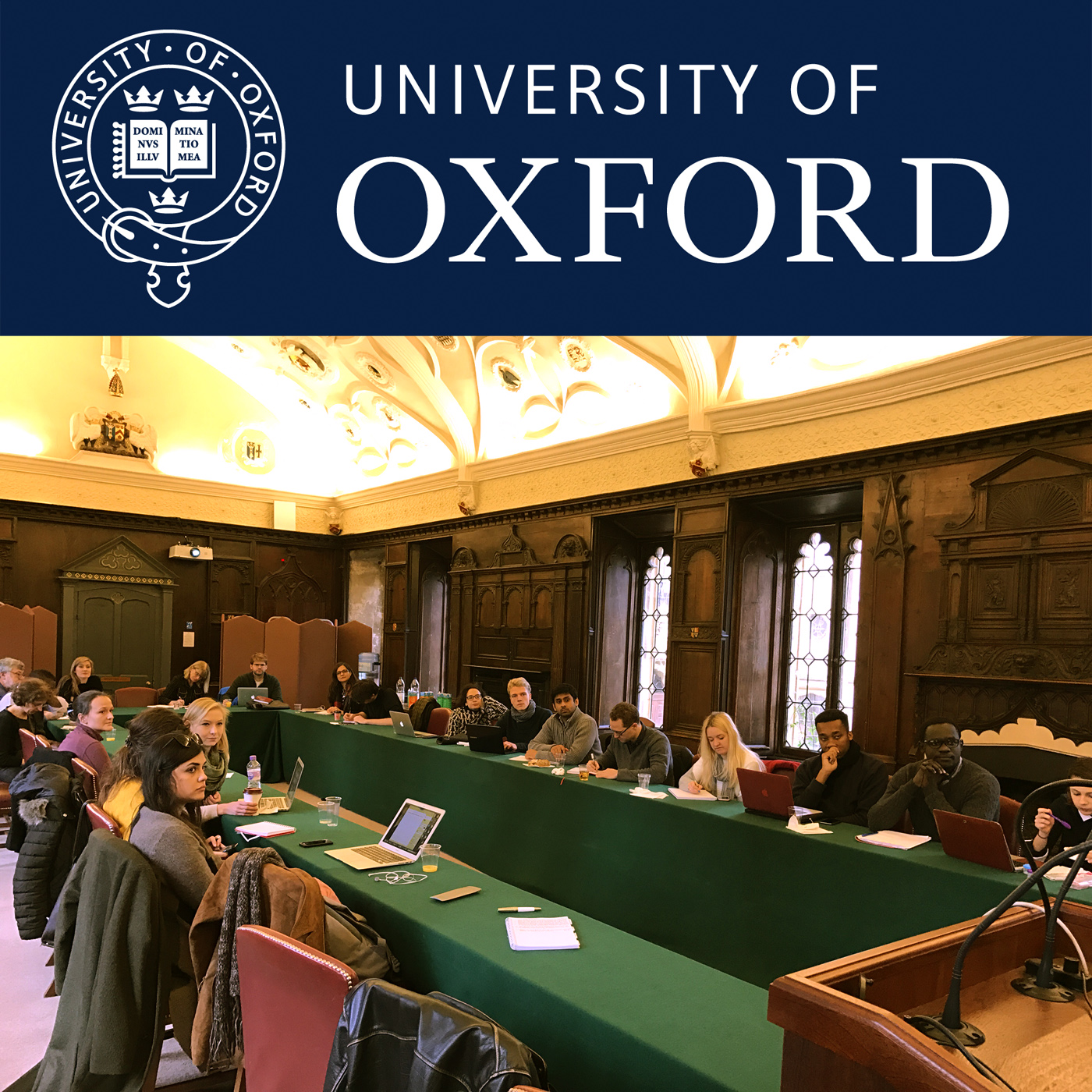Interpretation of Security Council Resolutions and the Status of Explanation of Votes
Description
Even though UN Security Council resolutions may have major consequences for the disputes and states concerned, some of the resolutions are ambiguous in their meaning. This raises questions about the appropriate means of interpreting Security Council resolutions. In the process of interpreting Security Council resolutions, explanation of votes may have a role. Explanation of votes are not provided for in Security Council Provisional Rules of Procedure. However, members of the Security Council may make statements in connection with their votes. These remarks are in the Council called "statements before the vote" or "statements after the vote". Dr. Klamberg will discuss the phenomena of explanation of votes and their status, including an analysis of explanation of votes made in relation to selected examples of controversial Security Council resolutions.
Dr Mark Klamberg is a research fellow during 2018/2019 at the Institute of European and Comparative Law (IECL) and affiliated with Christ Church College, Oxford. He is an Associate Professor, Senior Lecturer in Public International Law at Stockholm University and a visiting lecturer at Edinburgh University. He is currently the principal investigator of the project "Does International Law Matter? The UN Security Council and State Actions" funded by the Swedish Research Council 2018-2021. He has previously been an Associate Professor and Senior Lecturer in Public International Law at Uppsala University. He is the author of several publications on international criminal law, surveillance, privacy and other fields of international law, including 'Evidence in International Criminal Trials: Confronting Legal Gaps and the Reconstruction of Disputed Events' (Martinus Nijhoff Publishers, 2013) and 'Power and Law in the International Society - International Relations as the Sociology of International Law' (Routledge, 2015). He is the chief editor of the 'Commentary on the Law of the International Criminal Court' (TOAEP, 2017). He has also published articles in International Criminal Law Review, Journal of International Criminal Justice, Nordic Journal of International Law, Georgetown Journal of International Law and book sections published by Martinus Nijhoff Publishers and Oxford University.
More Episodes
What explains the rise of investor-state arbitration? To the extent that investor-state arbitration had founding fathers, what were their motivations, what constraints did they have, what was their thinking? Using documents from the American, British, German, and Swiss archives, this talk will...
Published 05/31/19
Published 05/31/19
Investment treaties are often said to have two principal effects for the states that enter into them. First, it is asserted that investment treaties act to increase levels of foreign investment in host states. Second, it is said that investment treaties have a positive effect on national...
Published 05/07/19


